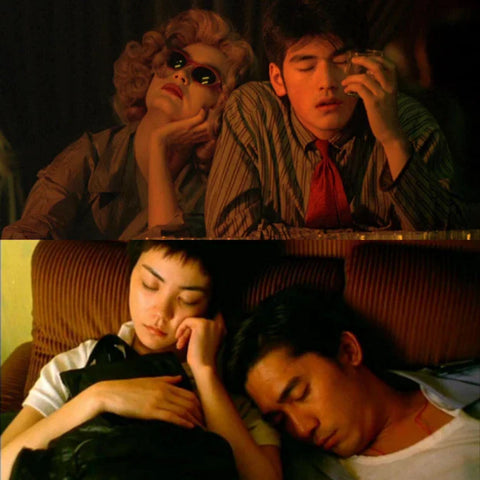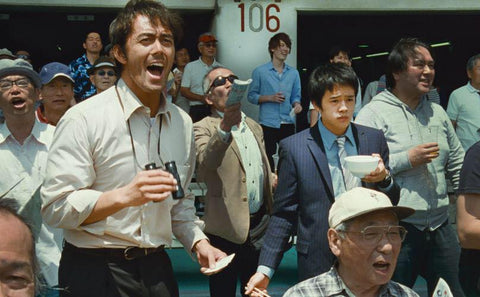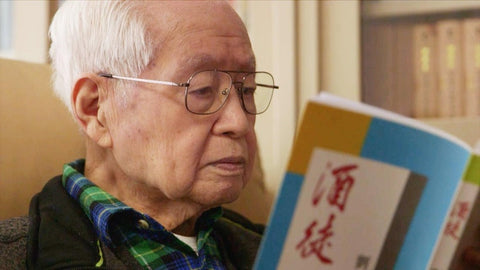
Though I greatly admire Wong Kar-wai, I only watched Chungking Express for the first time two years ago. To me, it’s a film about escape.
223 meets the woman in the bar to escape—why else would he ask her if she likes canned pineapple? 633 avoids opening his ex-girlfriend’s letter to escape—why else would he keep all her belongings, neatly stored yet untouched?
Escape is born from pain, but it’s also rooted in an inability to let go.
On a deeper level, their avoidance lies in how they interpret their breakups.
“I don’t know when it started, but everything seems to have an expiry date. Sardines go bad, meat goes bad, even cling film goes bad. Maybe love has an expiry date too.”
For 223, love simply expired.
“Maybe she has too many other options out there.”
To 633, his ex left because she was fickle, incapable of commitment.
It feels as though they’re avoiding the real reasons for their heartbreak, pinning the blame on love itself or their partners, if only to soothe their wounded egos.
And yet, when 633 meets Faye again and hints at wanting to be with her, isn’t that just another form of escape?
“That afternoon, I had a dream. I went to his house. When I walked out of the door, I thought I’d wake up. But some dreams never end.”
Perhaps Faye knew all along—it was just a dream. She became a flight attendant, slipping into the uniform left behind by 633’s ex-girlfriend. Both she and 633 must have realised she was merely a substitute, but she was willing to play the part. Using one relationship to escape another—doesn’t that lead to an endless loop?
Ironically, I delayed watching Chungking Express for years for the very same reason: escape. Someone once told me how wonderful it was, urging me to watch it, but I stubbornly resisted. They must have thought I was being rude. The truth was, I didn’t want to watch it because I feared I wouldn’t understand it. The idea of not understanding a film felt unbearable—worse still was the thought of discussing it with someone who could dissect it so effortlessly, while I floundered for meaning.
Maybe back then, I was predisposed to insecurity, and my resistance had little to do with the film itself.
Years later, I finally watched it and realised this wasn’t a film I was meant to understand then. Perhaps I still don’t. Wong Kar-wai’s films are famously cryptic, and love itself is even harder to decipher.


